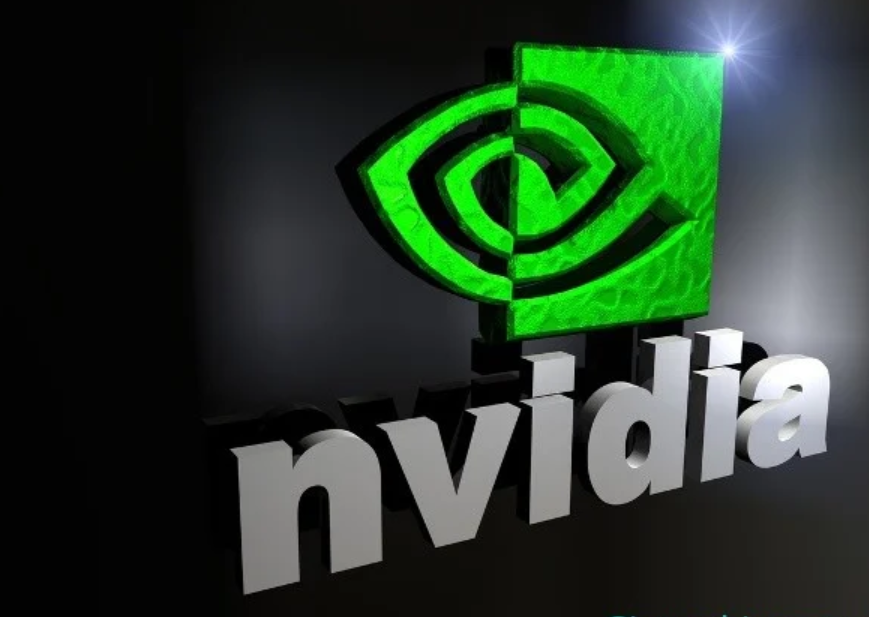Jensen Huang, the CEO of Nvidia, recently marked his return to China after a four-year hiatus. His visit signals a pivotal moment for the U.S. chip behemoth, grappling with the complexities of the Chinese market and escalating U.S.-China tech tensions.
The company’s chief wants to navigate the US-China tech tensions
Huang’s tour, encompassing Beijing, Shanghai, and Shenzhen, wasn’t just a routine check-in. It was a calculated move amidst the challenging landscape shaped by stringent U.S. export regulations. Donning a floral-patterned vest, he embraced local culture with a spirited Yangge folk dance, symbolizing more than just a corporate visit—it was a gesture of unity and resilience.

This trip, described by an Nvidia spokesperson as a New Year celebration with employees, comes at a critical juncture. Nvidia, a key player in the global tech arena, faces significant revenue drops in China due to new U.S. rules curbing exports of specific graphics processing units (GPUs) designed for Chinese clients. These GPUs are crucial for industries like AI, automotive, gaming, and healthcare, sectors where Nvidia has deep roots.
In the backdrop of these challenges, Huang’s visit carries substantial weight. It’s a balancing act of maintaining business relations in China while navigating the tightrope of U.S. regulations. Last November, Nvidia anticipated a sharp decline in sales to China, which previously contributed significantly to its data-center revenues.
The company isn’t just sitting back, though. They’re actively developing new, regulation-compliant products for the Chinese market. This process, as Huang admits, is intricate and time-consuming but essential for Nvidia’s sustained presence in China. His statement at The New York Times’ DealBook conference in New York echoed a commitment to both national security and global competitiveness.
Huang’s engagement with the U.S. government to create compliant products is a testament to Nvidia’s adaptability and strategic foresight. U.S. Commerce Secretary Gina Raimondo’s recent remarks highlight a nuanced approach: while Nvidia can sell AI chips in China, they must withhold their most advanced semiconductors.
RELATED:
- NVIDIA’s RTX Remix will Let Gamers Remaster Games on their Machines: CES 2024
- Nvidia will Team Up with Leading Chinese EV Brands for Automated Driving Systems
- Get the Realme GT5 Pro phone on Giztop for $599
- Best Robot Vacuums of 2023 – Gizmochina
(Via)







